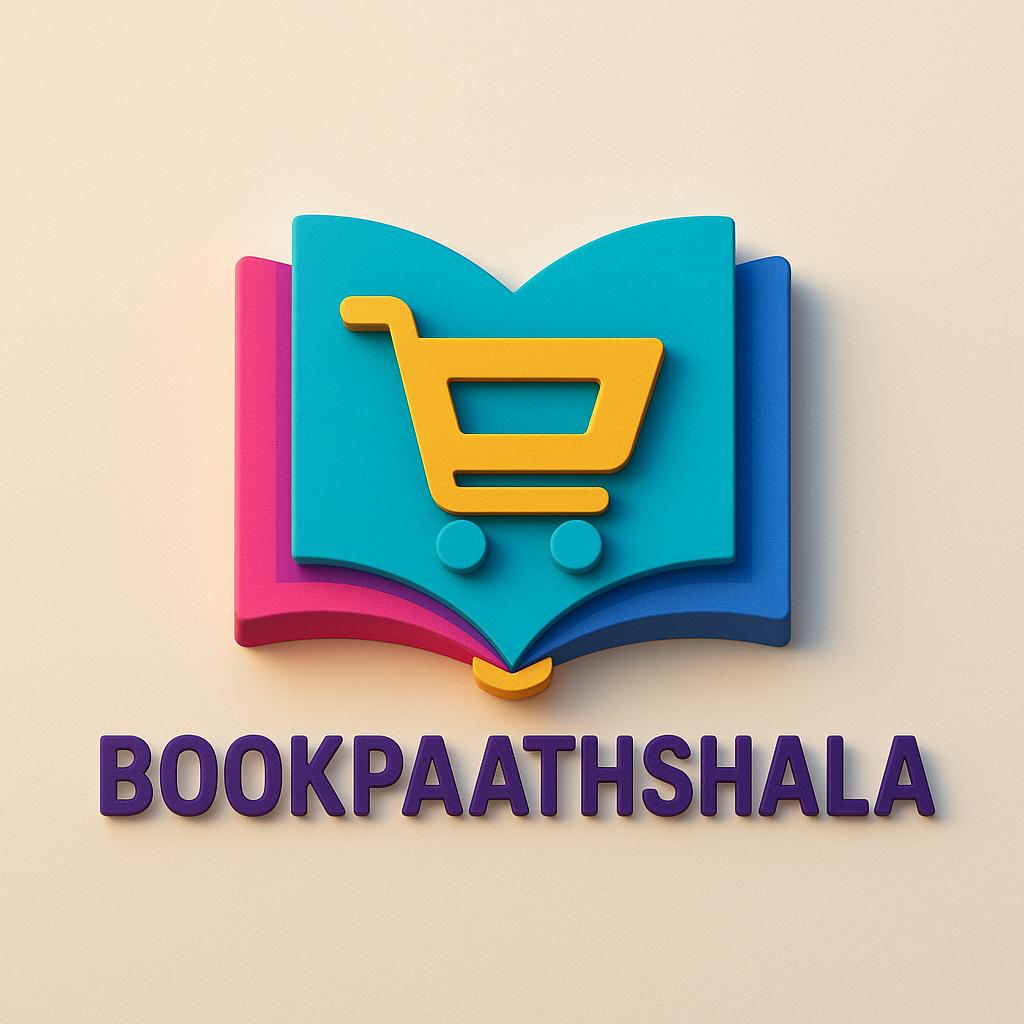The Psychology of Reading: Why Books Make Us Better Thinkers
Have you ever wondered why people who read regularly seem to have a broader perspective and sharper thinking skills? It’s not a coincidence. The psychology of reading reveals a fascinating relationship between the written word and the way our brains develop, process information, and make decisions.
In today’s fast-paced digital world, where skimming headlines has replaced deep reading, understanding this connection is more important than ever. In this article, we’ll explore the science behind how reading shapes our cognitive abilities and why books remain one of the most powerful tools to become better thinkers.
How Reading Affects the Brain
When you immerse yourself in a book, your brain isn’t passively absorbing information—it’s engaged in a complex, dynamic process. Neuroscientists have discovered that reading stimulates multiple areas of the brain, creating new neural pathways and strengthening existing ones.
Functional MRI scans show that when people read about action, such as “John kicked the ball,” the motor cortex (the part of the brain that controls movement) becomes active. This phenomenon is called embodied cognition, and it means reading doesn’t just inform us—it lets us simulate experiences as if they were happening in real life.
Here are a few key ways reading affects the brain:
- Language Processing: Reading activates Broca’s and Wernicke’s areas, which handle language comprehension and production.
- Visual Processing: The occipital lobe decodes the letters and words you see on the page.
- Memory and Imagination: The hippocampus helps you recall and integrate new information.
- Emotional Engagement: The limbic system triggers empathy and emotional responses as you connect with characters and stories.
This complex interplay explains why reading can be both mentally exhausting and deeply rewarding.
The Cognitive Benefits of Reading
The psychology of reading is clear: regular reading doesn’t just build knowledge; it changes how you think. Here are some of the most significant cognitive benefits of reading:
1. Enhanced Critical Thinking
Books, especially fiction and essays, challenge you to interpret, question, and synthesize ideas. As you follow a plot or an argument, you must:
- Weigh evidence
- Analyze motives
- Predict outcomes
- Compare perspectives
This process hones critical thinking skills, which are essential in decision-making, problem-solving, and creative work.
2. Improved Concentration
Unlike scrolling through social media or watching short videos, reading demands sustained attention. When you read for even 20–30 minutes without interruption, your brain learns to filter distractions and focus. Over time, this practice strengthens your attention span—a rare commodity in the digital age.
3. Increased Empathy
Research by psychologist Keith Oatley has shown that reading literary fiction improves your theory of mind: the ability to understand other people’s beliefs, intentions, and emotions. By inhabiting the minds of characters, you learn to see the world through different eyes, which fosters empathy and social awareness.
4. Expanded Vocabulary and Knowledge
The most obvious benefit of reading is exposure to new words, ideas, and domains of knowledge. Whether it’s a historical novel or a science-based non-fiction book, each page introduces concepts that broaden your intellectual horizons.
5. Mental Flexibility
Reading diverse genres and viewpoints helps you adapt your thinking. You become more comfortable with ambiguity, more open to changing your mind, and more capable of holding multiple ideas in tension.
Why Books Are Unique in Developing Better Thinkers
While any form of reading is beneficial, books—particularly long-form texts—offer something special. Articles, tweets, and headlines can provide quick information, but they rarely create the deep cognitive engagement that books do.
Books require
- Sustained attention over hours or days
- Integration of complex ideas
- Reflection and revisiting of themes
- Active imagination to build mental models
This is why reading books has a disproportionate impact on our thinking skills. The benefits of reading in long form are cumulative and compound over time.
The Digital Age Challenge
One of the paradoxes of modern life is that while we have unprecedented access to information, our attention is fragmented. The average person spends hours per day consuming short-form content—newsfeeds, videos, notifications—without ever going deep.
Studies have found that this type of “shallow reading” can:
- Lower comprehension
- Reduce retention
- Train the brain to expect constant novelty
In contrast, deep reading activates reflection and analysis. If we want to become better thinkers, we need to protect the time and space to read books without distraction.

